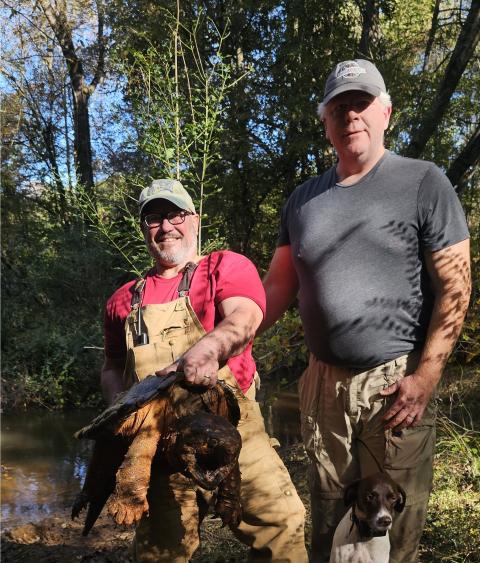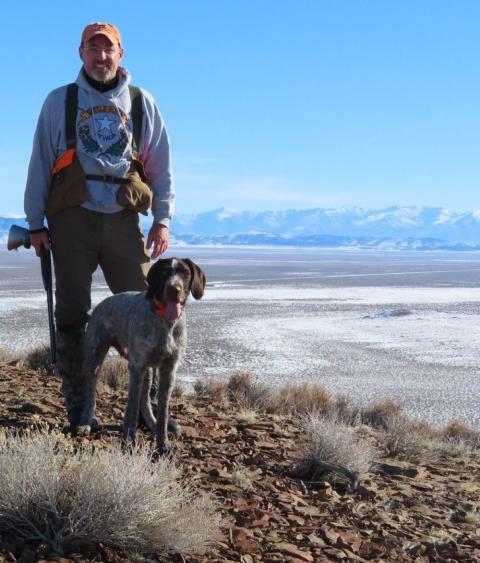Conservation Brief
FWS Announces Funding for States and Coastal Wetlands
The U.S. Fish and Wildlife Service announced at the end of February the funding levels for three core programs that support fish and wildlife conservation and coastal wetlands. First on February 24, FWS awarded more than $27 million through the National Coastal Wetlands Conservation Grants Program. The grants will support 33 projects in 14 coastal states to restore or enhance almost 28,000 acres; the federal grant funding will be matched by more than $22.2 million in additional funds to support these projects.
On February 25, $1 billion in funding through the Wildlife and Sport Fish Restoration Program was released to state fish and wildlife agencies. The funds are generated through excise taxes on hunting and fishing equipment and motorboat fuels to support state conservation programs—the 2021 apportionment is $121 million higher than the 2020 apportionment due to increased sales of firearms and ammunition, fishing equipment, and motorboat fuels. Funding allocations to states through the Sport Fish Restoration Program totaled $414 million and just under $679 million was allocated for the Wildlife Restoration Program.
“State fish and wildlife agencies are critically important to this nation’s on-the-ground conservation efforts,” said Sara Parker Pauley, Director of the Missouri Department of Conservation and President of the Association of Fish and Wildlife Agencies. “The Wildlife and Sportfish Restoration (WSFR) Program provides funding for states to conserve, protect and enhance fish, wildlife, their habitats and the hunting, sport fishing and recreational boating opportunities they provide for generations to come.”
Finally, $55 million was distributed to state wildlife agencies on February 26 through the State Wildlife Grants program. This funding helps states address species of greatest conservation need in an effort to support these populations before they become listed as threatened or endangered. Specific funding allocations were included in the letter to state fish and wildlife agency directors.
“State wildlife agencies conduct critical conservation work,” said Service Principal Deputy Director Martha Williams. “The SWG Program allows the Service to support their unique authority and expertise in managing vulnerable species. Together, we create nationwide conservation networks that protect species before they need the conservation triage of the Endangered Species Act (ESA).”



